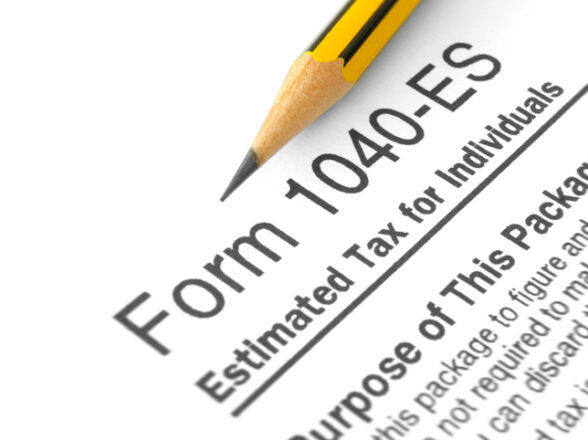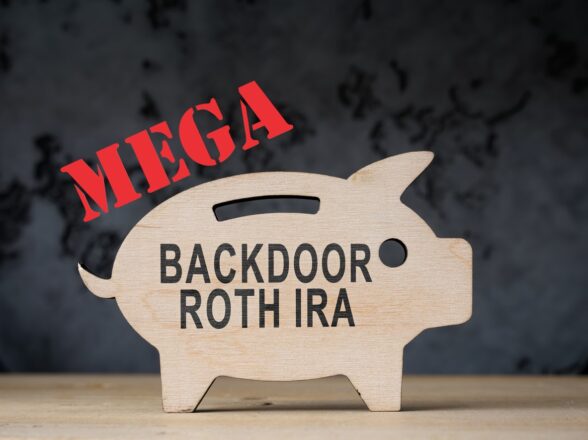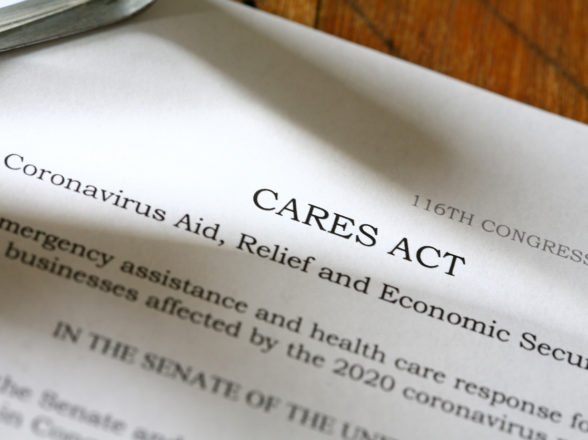Blog
(POA) Power of Attorney – Your Friend Indeed

One of the forgotten, yet highly important areas of optimizing your financial outcomes is to make sure you plan for infamous rainy day. To ensure that your wishes are followed when it comes to managing your money when and if you become incapacitated is to have a legal Power of Attorney (POA) on your accounts. Think it won’t happen to you? Think again. We have had several instances where clients become unable to make financial decisions on their own and trust us, it’s not a great situation from many perspectives.
The point of the POA
A power of attorney (POA) is a legal instrument that delegates an individual’s legal authority to another person. If an individual is incapacitated, the POA assigns a trusted party to make decisions on his or her behalf.
There are several types of POA
Nondurable
A nondurable power of attorney often comes into play in real estate transactions, or when someone elects to delegate their financial affairs to an assignee during an extended absence.
Springing
Springing power of attorney “springs” into effect when a specific event occurs (usually an illness or disability affecting an individual).
Durable
A “durable” power of attorney allows an assignee, or agent, to act on behalf of a second party, or principal, even after the principal is not mentally competent or physically able to make decisions. Once a principal signs, or executes, a durable power of attorney, it may be used immediately, until it is either revoked by the principal or the principal dies.
POA and your money
Financially, a Power of Attorney is a tremendously useful instrument. An agent can pay bills, write checks, make investment decisions, buy or sell real estate or other hard assets, sign contracts, file taxes, and even arrange the distribution of retirement benefits. Who else is able to do this when you cannot yourself?
Advanced healthcare directives: HCPOAs and Living Wills
Some illnesses can eventually rob people of the ability to articulate their wishes, and this is a major reason why people opt for a Health Care Power of Attorney (HCPOA) or a living will. There are differences between the two.
A Health Care Power of Attorney (also called a “healthcare proxy”) allows an agent to make medical decisions for a principal, should they become physically or mentally incapacitated. A living will gives an assignee similar powers of decision, but this advanced directive only applies when someone faces certain death. The assignee has the authority to carry out the wishes of the incapacitated party.
Keep in mind this article is for informational purposes only
It’s not a replacement for real-life advice. Make sure to consult your legal professional so you can better understand what type of powers of attorney is a best fit for your situation. Infinium Investment Advisors, LLC does not provide legal advice, and we can put you in touch with qualified professional estate planning attorneys who are able to give you such advice.
Would you like to learn more?
It may be time to meet with an attorney who specializes in these issues. Let us know if you would like to help you in this very important process!
























































































